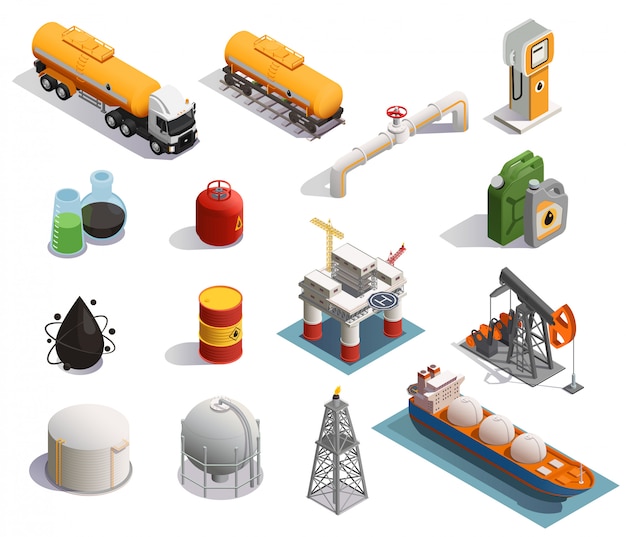Petrochemicals, derived from petroleum and natural gas, play a pervasive role in modern society, touching nearly every aspect of our daily lives. From the plastics in our homes to the fuels in our vehicles, petrochemical products serve as essential building blocks for countless consumer goods and industrial applications. In this article, we explore the diverse applications of petrochemicals and their impact on everyday life, highlighting their importance and examining the challenges and opportunities they present.
Introduction to Petrochemicals:
Petrochemicals are organic compounds derived from petroleum or natural gas through various refining and chemical processes. These versatile substances serve as feedstocks for the production of a wide range of products, including plastics, fertilizers, pharmaceuticals, cosmetics, textiles, and more. Petrochemicals are categorized into basic chemicals, intermediates, and derivatives, each fulfilling specific roles in different industries.
Applications in Consumer Goods:
Petrochemical products are ubiquitous in consumer goods, from household items to electronics. Plastics, made from petrochemicals such as ethylene and propylene, are used in packaging, containers, toys, appliances, and electronics. Polyethene, polypropylene, polystyrene, and polyvinyl chloride (PVC) are just a few examples of commonly used plastics derived from petrochemicals. Additionally, petrochemical-based synthetic fibers like polyester and nylon are widely used in textiles and apparel.

Impact on Transportation:
The transportation sector heavily relies on petrochemical products for fuels and lubricants. Gasoline, diesel, jet fuel, and other petroleum-derived fuels power cars, trucks, airplanes, and ships, enabling global mobility and commerce. Lubricating oils, made from base oils derived from crude oil, keep engines and machinery running smoothly, reducing friction and wear. While the shift towards electric vehicles and renewable fuels is underway, petrochemicals remain indispensable in the transportation industry.

Contributions to Agriculture:
Petrochemicals play a vital role in modern agriculture, contributing to increased crop yields and agricultural productivity. Fertilizers, pesticides, and herbicides derived from petrochemicals help nourish plants, control pests and weeds, and protect crops from diseases, ensuring food security and agricultural sustainability. Additionally, plastic materials like polyethylene film are used in greenhouse structures to regulate temperature, humidity, and light exposure, optimizing growing conditions for crops.
Innovations in Healthcare:
The healthcare industry benefits significantly from petrochemical-based products, ranging from pharmaceuticals to medical devices. Petrochemicals serve as raw materials for manufacturing medications, medical plastics, synthetic fibers for surgical garments, and diagnostic equipment. Essential medical supplies such as syringes, IV bags, bandages, and prosthetics rely on petrochemical-derived materials for their production, improving patient care and treatment outcomes.

Challenges and Opportunities:
While petrochemicals offer numerous benefits, they also present challenges related to environmental sustainability, resource depletion, and waste management. The production, use, and disposal of petrochemical-based products contribute to carbon emissions, plastic pollution, and resource depletion, necessitating efforts to promote recycling, develop alternative feedstocks, and adopt greener production methods. Additionally, volatility in oil prices, geopolitical tensions, and regulatory uncertainties pose risks to petrochemical companies, requiring strategic planning and risk management.
Conclusion:
In conclusion, petrochemical products are indispensable to modern society, driving innovation, economic growth, and technological advancement across various industries. While their widespread use enhances convenience, efficiency, and quality of life, it is essential to address the environmental and social implications associated with their production and consumption. By embracing sustainable practices, investing in research and development, and fostering collaboration across sectors, we can harness the potential of petrochemicals to create a more sustainable and resilient future for generations to come.










Nice post
Thank you!